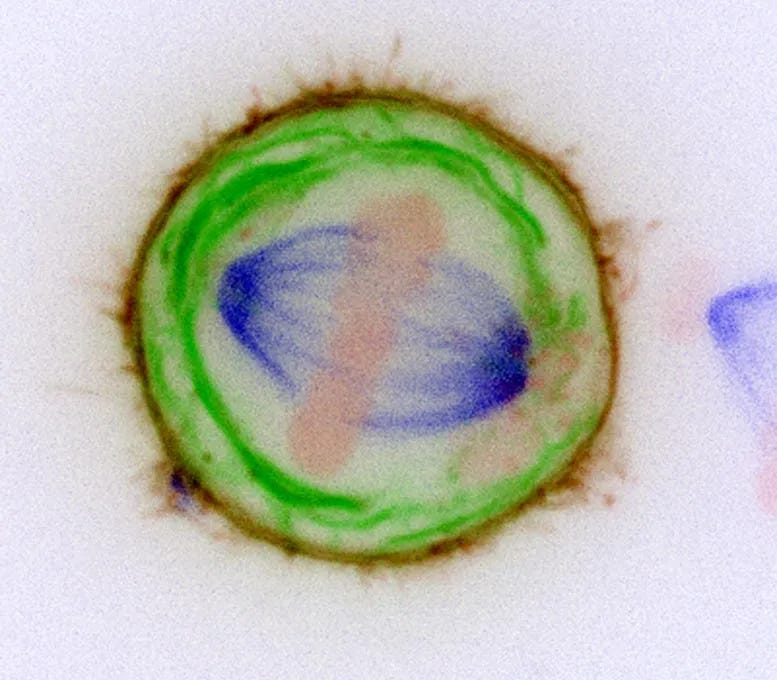Breakthrough Discoveries in Cancer Origins and Treatment
Written on
Understanding Cancer Origins
Recent advancements in cancer prevention and treatment have primarily focused on cancer metastasis. My latest article discussed 'Histotripsy,' a method that partially destroys cancer cells and reduces the risk of metastasis. Researchers are now delving deeper into cellular mechanisms to comprehend this formidable disease more thoroughly.
A research team from the University of Warwick has uncovered significant insights into the origins of cancer during cell division, known as mitosis. These findings could pave the way for effective treatment options or even help prevent the disease from developing in the first place.
During normal cell division, a cell accurately duplicates its genetic material, distributing an identical set of chromosomes to each of the two resulting cells. Conversely, abnormal division can lead to incorrect chromosome sharing, which is a precursor to cancer.
This division process is facilitated by a sophisticated structure in the cell called the mitotic spindle. If this mechanism malfunctions, the resulting cells may be aneuploid, meaning they do not possess the correct chromosome number, which can result in errors in genetic information sharing.

Dr. Nuria Ferrandiz, the lead author of the study, stated, "We discovered that chromosomes can become trapped in membranes, which can be catastrophic for the dividing cell. This may trigger the transformation of a normal cell into a cancerous one. Preventing this entrapment could be a viable treatment strategy."

The aneuploid nature of cancer cells underscores the importance of understanding the mechanisms behind this phenomenon. The Warwick team claims to have identified how some chromosomes can become ensnared in a complex of membranes surrounding the spindle, leading to improper chromosome sharing during cell division.
This breakthrough was achieved through a technique dubbed 'cell surgery,' where the researchers removed the membrane tangles that ensnared the chromosomes. This intervention allowed for the rescue of the spindle and facilitated normal cell division.
This is the first instance where the entrapment of chromosomes in membranes has been recognized as a direct risk factor for cancer development. Preventing this entrapment could halt the emergence of cancer cells entirely. Moreover, if cancer cells do form, understanding these cellular processes could inform effective treatment strategies.
The complete study was published in the Journal of Cell Biology.
The first video titled "Breakthrough Cancer Research: Unlocking the Power of T-Cells" explores innovative approaches in utilizing T-cells for cancer treatment, highlighting the potential for breakthroughs in patient care.
The second video, "Scientists identify cancer 'kill switch' | Morning in America," discusses recent findings about mechanisms that could potentially serve as a 'kill switch' for cancer cells, offering hope for more effective therapies.